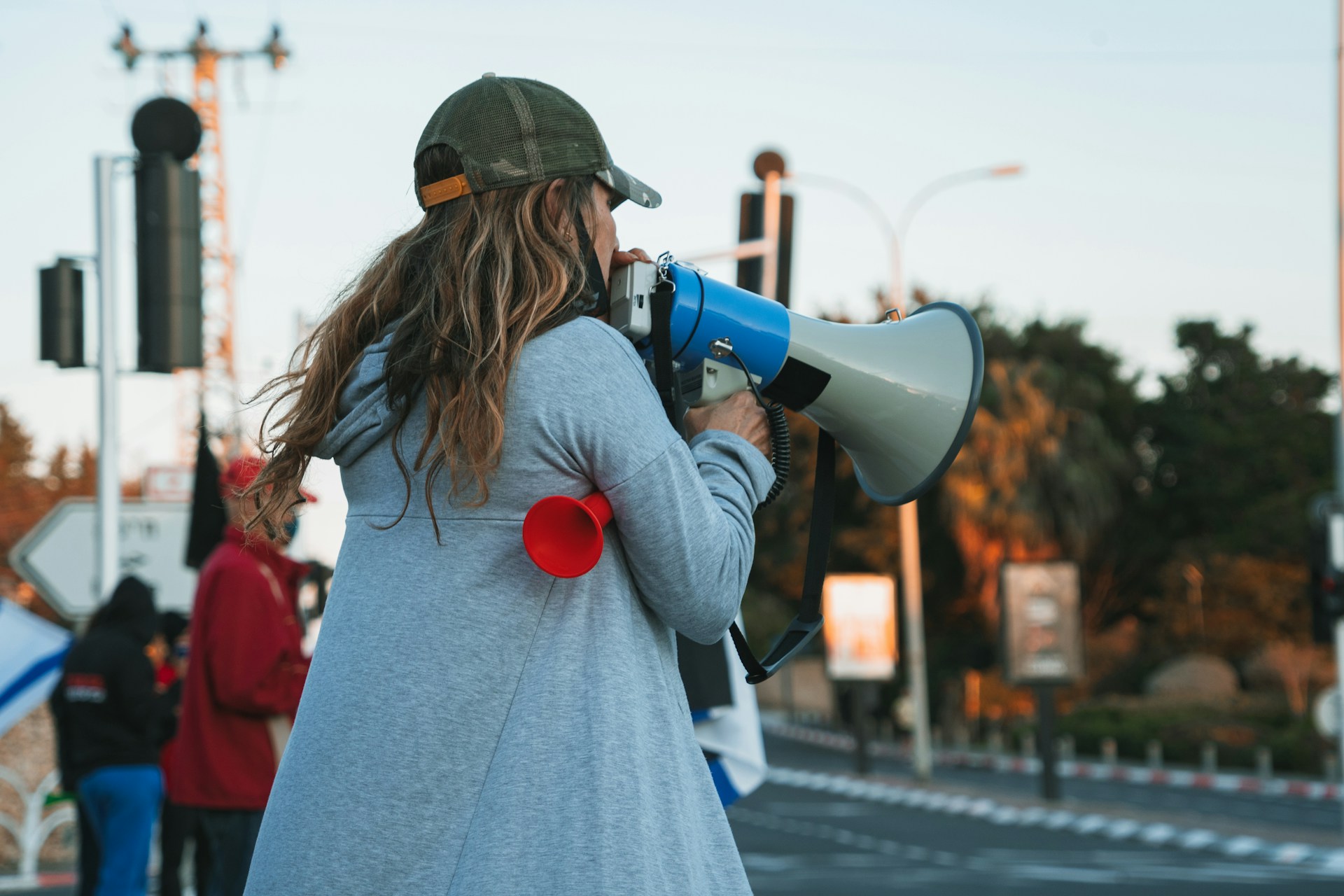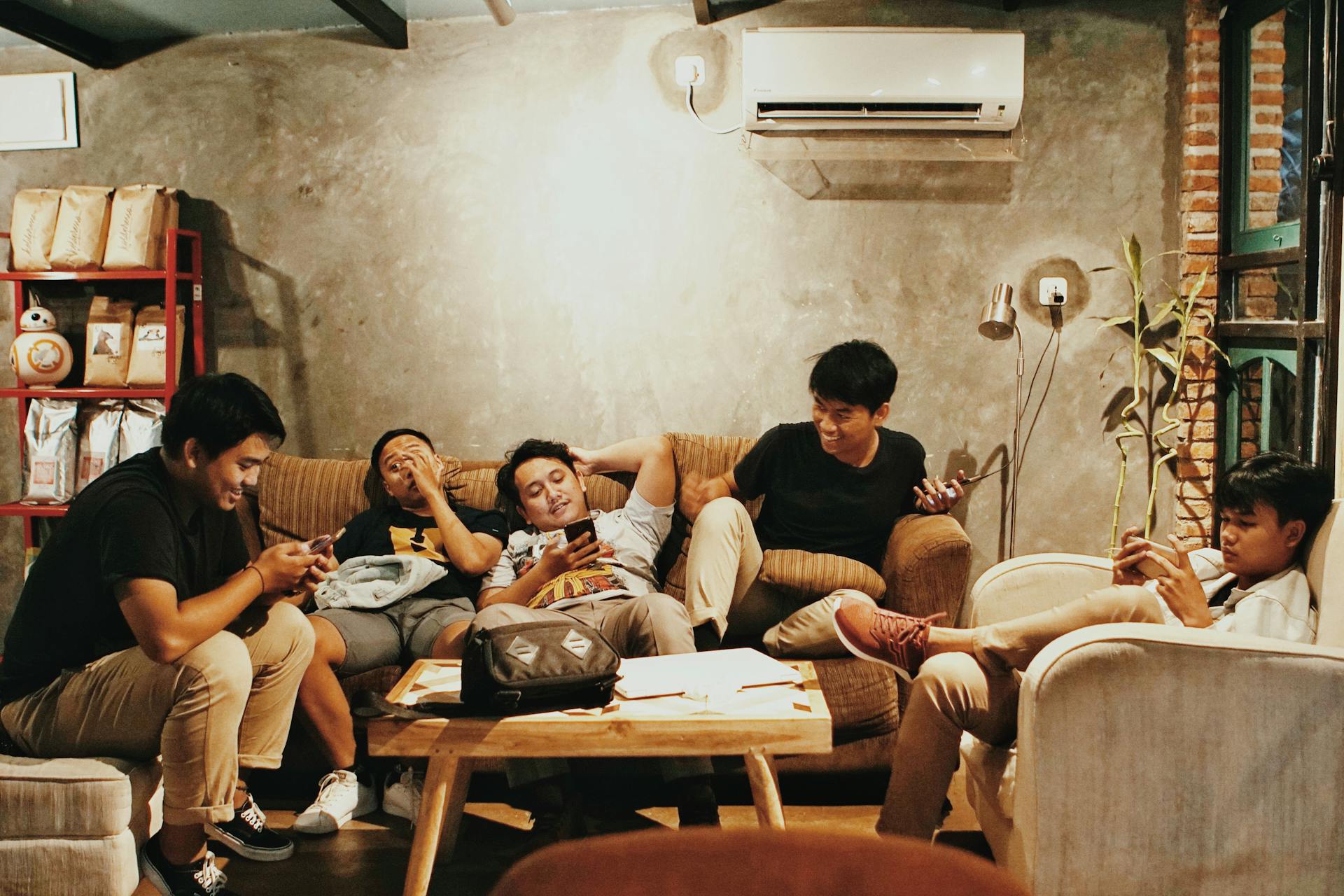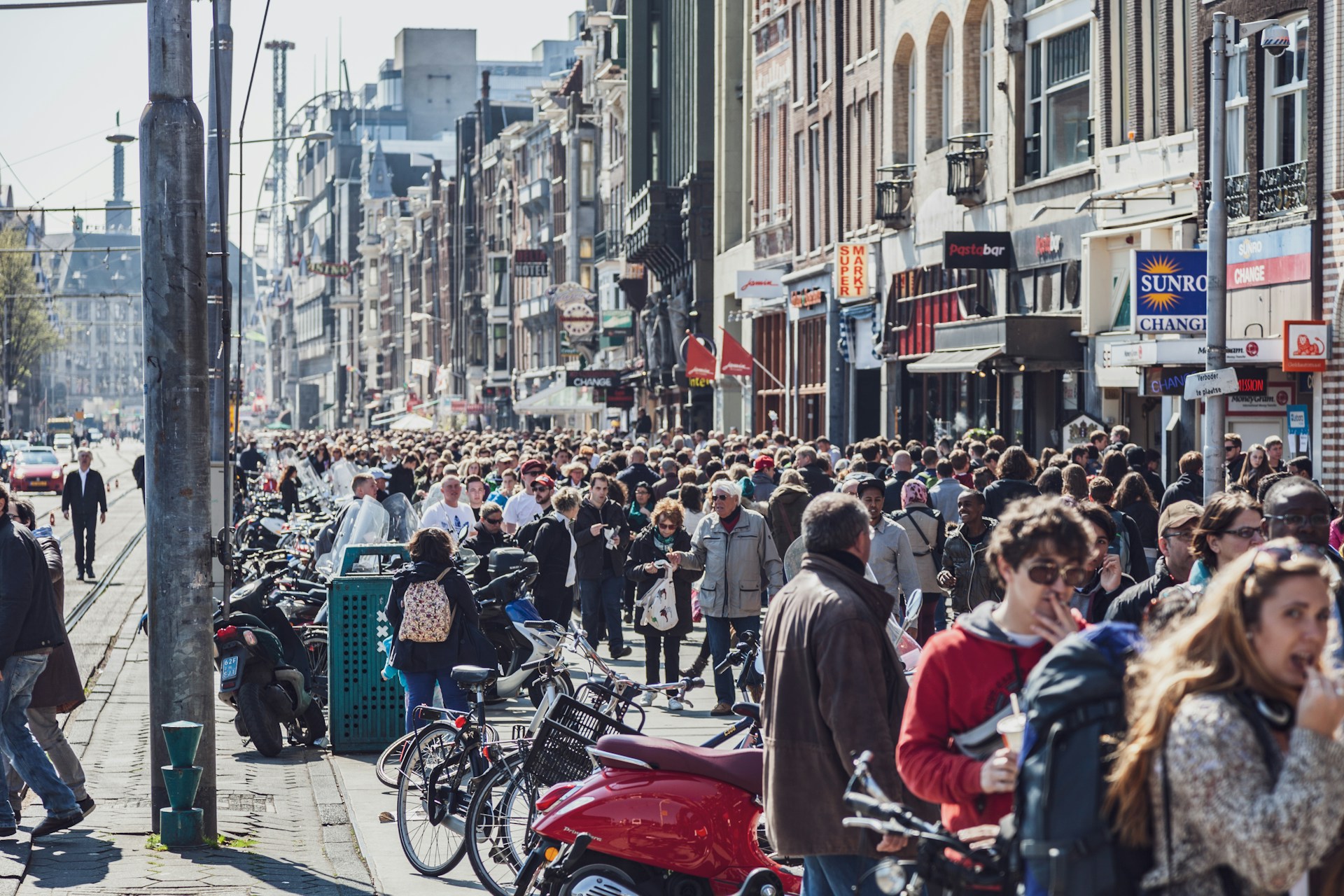Do you see yourself as an introvert or an extrovert? No matter what you define yourself as, you likely have friends of the opposite type. Take a moment to think about if you've ever struggled to see eye to eye with them, especially in a social setting. Introverts and extroverts tend to approach social gatherings and conversations very differently, so we wouldn't be surprised if that's the case. Because of these big differences though, annoyances often bubble up. Here are 10 things extroverts do that annoy introverts and vice versa.
1. Constant Socializing
Introverts all have a social battery where once it runs out, they're done for the night. So when an extroverted friend pushes them to continue interacting with others and participate in social outings, it can be too much. This constant pressure to socialize can be especially frustrating for introverts who just need a bit of alone time to recharge.
 Photo by Jacob Bentzinger on Unsplash
Photo by Jacob Bentzinger on Unsplash
2. Interrupting Quiet Time
Quiet time is the same thing as "me time" for introverts. It's a necessary moment of quiet during the day that allows introverts to relax, calm down, and enjoy themselves. It's important for extroverts to understand how crucial this time of day is - interrupting or invading this private time is frustrating and disrespectful.
 Photo by Christina @ wocintechchat.com on Unsplash
Photo by Christina @ wocintechchat.com on Unsplash
3. Talking Over Others
Extroverts tend to have louder, more bright voices that can easily overshadow an introvert's. That's why they tend to dominate conversations and steer the topics to whatever they want. Make sure you give the more quiet individuals a chance to speak - ignoring them or talking over them makes them feel unwanted and underappreciated. Just because they're quiet doesn't mean they're not trying!
 Photo by Maayan Nemanov on Unsplash
Photo by Maayan Nemanov on Unsplash
4. Disregarding Personal Space
Depending on the person, some introverts find that they like having more personal space than others. It gives them room to think and doesn't make them feel so crowded. For extroverts, pay attention to this! Try not to stand too close if it looks like they're uncomfortable, and if they mention to this to you explicitly, don't ignore it.
5. Overloading with Details
It's safe to say that extroverts love to talk. But sometimes, they might go on longer than need be. Sharing more details than necessary and describing every little part of the story can sometimes be too much for introverts. It can make the conversation feel a bit exhausting and overwhelming to process.
 Photo by LinkedIn Sales Solutions on Unsplash
Photo by LinkedIn Sales Solutions on Unsplash
6. Forcing Participation
If an introvert tells you no, they don't want to join in on a social activity, it's your job to listen to them. Pushing them to join or pressuring them to participate will only dampen the friendship. All it does is give them unnecessary stress and guilt for not being able to join in with the others.
 Photo by Priscilla Du Preez 🇨🇦 on Unsplash
Photo by Priscilla Du Preez 🇨🇦 on Unsplash
7. Criticizing Solitary Activities
As you'd expect, introverts have very different hobbies from extroverts. They tend to enjoy independent activities that allow them to relax and be in a peaceful environment. Just because what you like to do in your free time differs, doesn't mean you can't be friends! It does mean however, that you should still be respectful and appreciative of their pastimes.
 Photo by Masjid Pogung Dalangan on Unsplash
Photo by Masjid Pogung Dalangan on Unsplash
8. Unexpected Visits
Just because extroverts enjoy socializing 24/7 doesn't mean everyone else feels or wants the same thing. If you want to see your introverted friend, don't just show up unannounced. Make sure you contact them first to ensure you're coming at an appropriate time. Unexpected visitors can be stressful to deal with, for anyone really.
9. Being Overly Enthusiastic
Extroverts tend to be described as having lots of energy, enthusiasm, and a bubbly personality. While it can be fun to be around, sometimes for introverts who don't share the same level of energy, it can be a bit draining and overwhelming. It might feel as if they have to try a lot harder to keep up the vibe.
 Photo by Nimi Diffa on Unsplash
Photo by Nimi Diffa on Unsplash
10. Sharing Personal Information
Because introverts tend to keep to themselves, they don't really share personal information with just anyone. While it does depend on the person, extroverts are more likely to be open and share details about themselves in comparison. Introverts might find this particularly strange or even uncomfortable, especially if they start feeling like they need to share a bit of themselves in return.
 Photo by Aarón Blanco Tejedor on Unsplash
Photo by Aarón Blanco Tejedor on Unsplash
1. Declining Invitations
Compared to extroverts who get excited at the thought of a hangout, introverts are more likely to turn them down. Sometimes, they just prefer to spend time alone or be with their closest friends only. It can be frustrating for extroverts who want to spend time with them, but also want to be part of a social gathering. It only gets worse if their invites get constantly turned down too.
 Photo by Artem Beliaikin on Unsplash
Photo by Artem Beliaikin on Unsplash
2. Being Reserved
It can be difficult for extroverts to know what introverts are thinking about. Because they generally keep their thoughts and feelings to themselves, extroverts have to put in extra work to connect on a deeper level with them. In some cases, being too reserved can come off the wrong way too; it might seem like they're uninterested in being there which will hurt the extrovert's feelings.
3. Avoiding Group Activities
Extroverts also tend to thrive in group settings where they can bounce off of other people. In stark contrast, introverts shy away from large groups and prefer to work and be among themselves. This difference can become frustrating when trying to find common ground.
 Photo by Roberto Nickson on Unsplash
Photo by Roberto Nickson on Unsplash
4. Taking Time to Respond
Whether it's a conversation in real life or messages online, introverts have a tendency to be slow with their responses. It's not because they're purposely leaving you on hold, they just need a little extra time to think about their responses. For extroverts who prefer upbeat, quick-paced conversations, this might come across as a little lackluster or unenthusiastic.
 Photo by Loren Cutler on Unsplash
Photo by Loren Cutler on Unsplash
5. Preferring Text Over Calls
You've probably noticed that your introverted friends all prefer communication done through text or instant messaging. They tend not to be a big fan of phone calls or facetiming, so if that's what you prefer, be prepared to not get that face-to-face style of conversation with your introverted friend.
6. Leaving Early
When introverts attend social events, it's not surprising when they leave early. Like we mentioned, when the social battery runs out, that's it! But for extroverted friends who want to stay and have more fun, it can feel rather disappointing.
 Photo by Alex Kubsch on Unsplash
Photo by Alex Kubsch on Unsplash
7. Needing Alone Time
Some extroverts may find it difficult to understand why introverts need alone time. For people who love being around other people, it doesn't make sense why anyone would want to be alone. They may misinterpret the situation and see it as being anti-social or not wanting to be around them.
 Photo by Bruno van der Kraan on Unsplash
Photo by Bruno van der Kraan on Unsplash
8. Minimal Small Talk
For introverts, small talk is usually their least favourite activity. Casual conversations can be difficult and can even feel awkward, making it an extremely uncomfortable situation for introverts. But on the other side of things, extroverts often see small talk as a way to open up with others and get closer. That's why it can be frustrating when introverts don't seem to want to cooperate.
9. Avoiding Public Recognition
While extroverts love getting the spotlight, introverts are very much the opposite. They prefer to be one with the crowd, not one standing out from the crowd. This difference in personality can feel confusing for extroverts at times, especially if they're in a situation where they want to be noticed.
10. Overthinking Social Interactions
While extroverts see social interactions and conversations as spontaneous and random, introverts see them as calculated. They tend to overthink situations and hesitate during moments when unexpected things happen, which can create an awkward tension. So for extroverts who don't share this struggle, they might find it difficult to converse with them.














